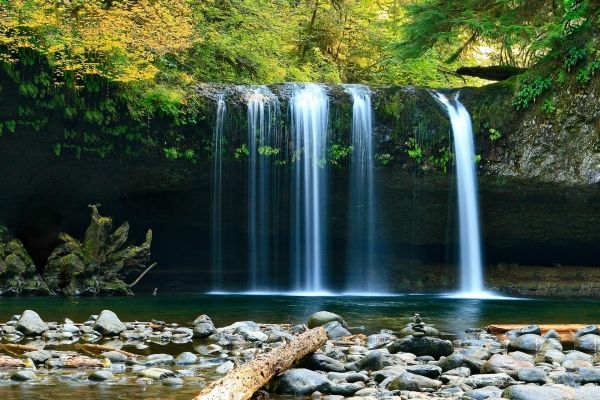Property rights are essential in western market societies and often taken for granted. They are ubiquitous and we do not question them. They are also a crucial element in the discussion of natural resource management.
In the context of climate change, understanding our concept of property rights, and how it influences our interpretation of who natural resources belong to, becomes increasingly important. At a basic level, property rights usually provide the owner exclusive, guaranteed rights, which always includes the notion of excludability. If an individual is the proprietor of a natural resource, this person determines access and allocation. This exclusive right is usually protected by the state. Problems stem from when property rights on resources cause inequalities of access to necessary resources like water, or are an obstacle for the successful implementation of climate adaptation measures.
Many would see property rights as ‘natural’ – yet they are far from natural. They express a social relationship that is very specific to western liberal democracies. For instance, many indigenous people have a concept of property and possession that does not serve the individual but society. It is often based on customary law with complex structures and rules to protect and regulate access to natural resources and the knowledge about it.
Read more at: University of Oxford
Photo Credit: Free-Photos via Pixabay


